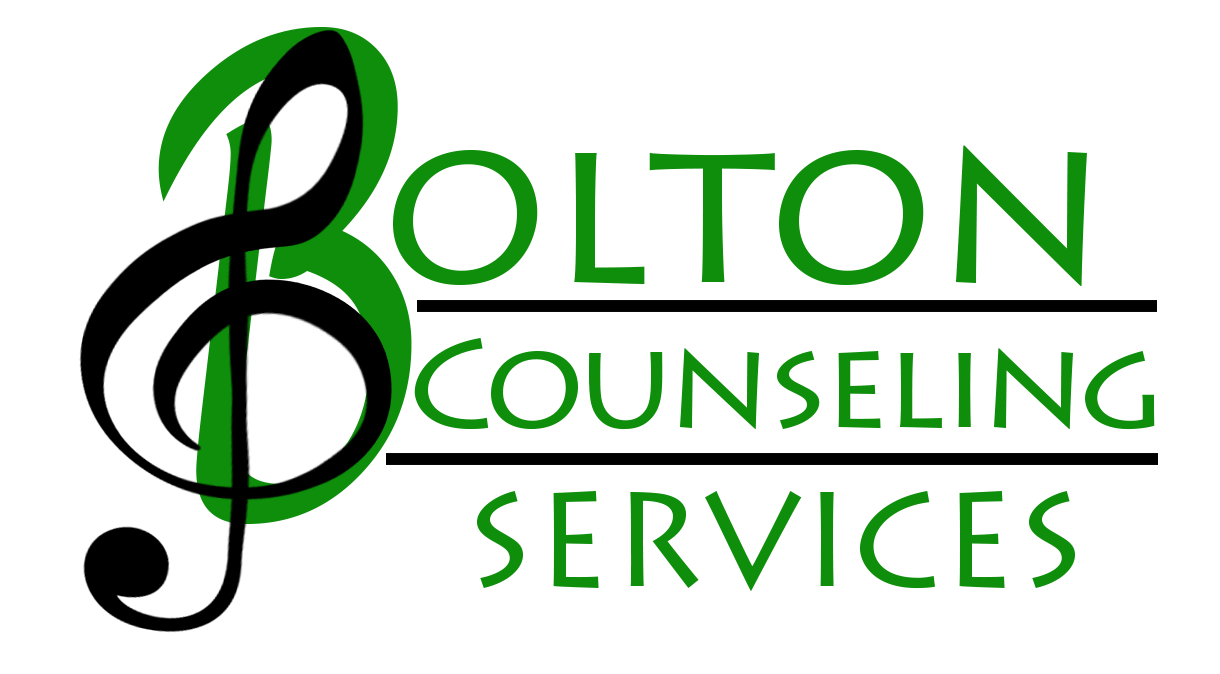 Individual counseling can benefit anyone that is struggling with issues related to thoughts, feelings, or behaviors. During our sessions, we can address stress, depression, anxiety, addictions, family issues, faith struggles, and much more. Just as you see your medical doctor regularly for preventive care, counseling can be preventive care for your mental health. You do not need to be experiencing a crisis to benefit from counseling.
Individual counseling can benefit anyone that is struggling with issues related to thoughts, feelings, or behaviors. During our sessions, we can address stress, depression, anxiety, addictions, family issues, faith struggles, and much more. Just as you see your medical doctor regularly for preventive care, counseling can be preventive care for your mental health. You do not need to be experiencing a crisis to benefit from counseling.
I use evidence-based counseling techniques designed to help you achieve a greater level of control over your life, gain a new perspective, or simply be a listening ear. I may give suggestions for changes you can make or “homework” to complete before your next session. It is your role to be open and honest with me and commit to making positive changes in your life.
 As poor communication is a major issue in many relationships, one of the primary goals of couples counseling is to learn to communicate with each other in a productive and helpful manner. Couples practice working through conflict in healthy ways that meets each other’s needs, rather than avoiding it. Couples counseling is designed to increase empathy for your partner and redevelop trust in the relationship. Many couples seek counseling as preventive care before reaching a crisis point.
As poor communication is a major issue in many relationships, one of the primary goals of couples counseling is to learn to communicate with each other in a productive and helpful manner. Couples practice working through conflict in healthy ways that meets each other’s needs, rather than avoiding it. Couples counseling is designed to increase empathy for your partner and redevelop trust in the relationship. Many couples seek counseling as preventive care before reaching a crisis point.
In couples counseling, my client is the couple, not the individual. Expect to be vulnerable with your partner both in session and at home. Vulnerability is hard work, but the payoff could be a more stable relationship. Whether you are dating, engaged, newlywed, or celebrating your golden anniversary, counseling can help you strengthen your relationship and draw closer to each other.
 Unconscious family dynamics are often at the root of family conflict. Families know their current way of functioning isn’t working, but they can’t figure out how to move forward. Family therapy can bring these unconscious dynamics to light and help families try something different. Family therapy is designed to uncover unhealthy family rules and roles, develop healthier ways of communicating, and set healthy expectations with each other
Unconscious family dynamics are often at the root of family conflict. Families know their current way of functioning isn’t working, but they can’t figure out how to move forward. Family therapy can bring these unconscious dynamics to light and help families try something different. Family therapy is designed to uncover unhealthy family rules and roles, develop healthier ways of communicating, and set healthy expectations with each other
